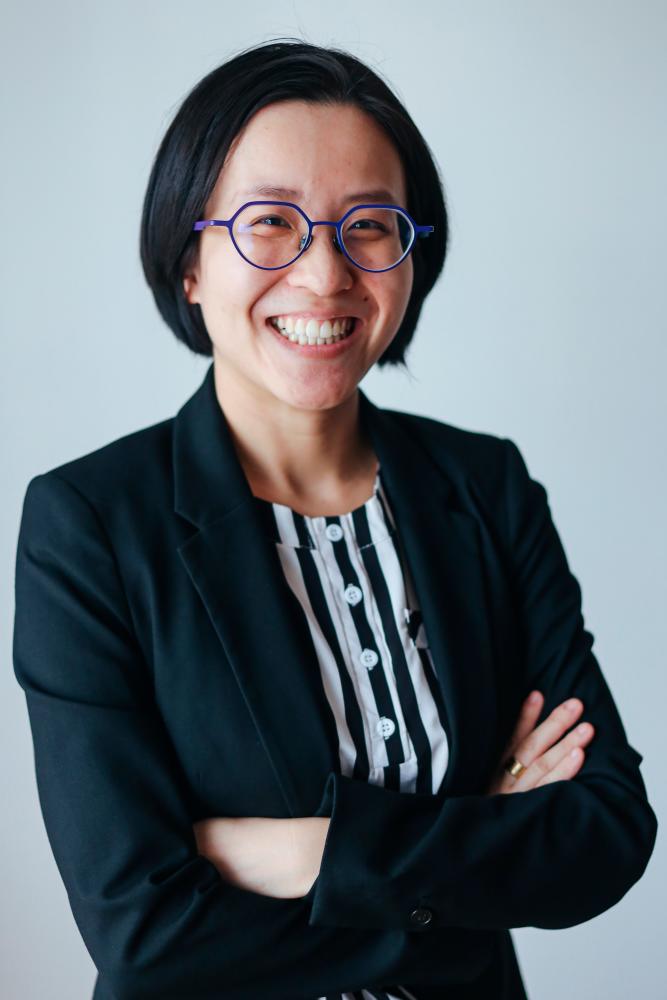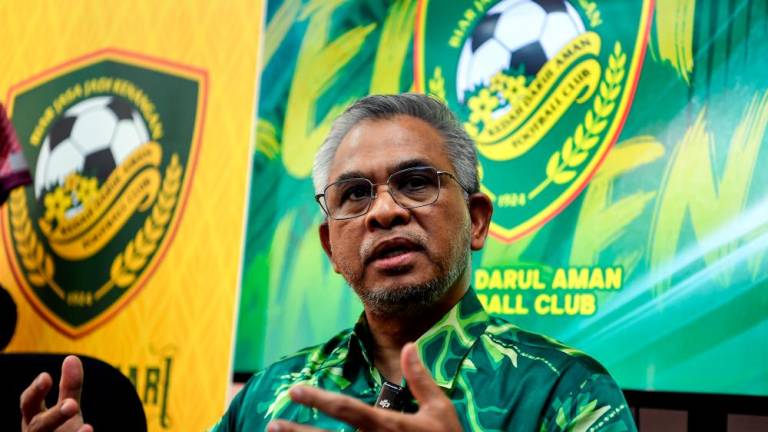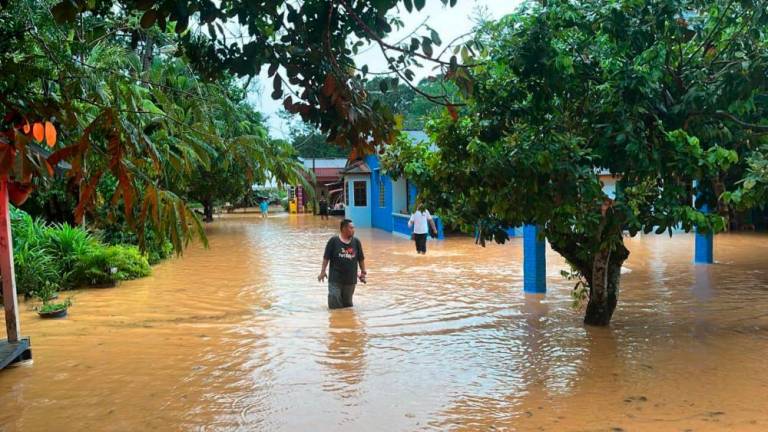IN conjunction with World Mental Health Day on Oct 10, theSun reached out to Nyawa, a Malaysian mental health organisation that has been engaged with activities and programmes to generate mental health awareness.
“Currently, most of Nyawa’s work focuses on public education,” said its advocacy lead Jernell Tan Chia Ee.
Due to Malaysia’s diverse communities with different values, cultures and interests, Nyawa believes that strategic collaborations and content relatability are important to spread mental health awareness.
Although there are many triggers that can lead to different mental health issues, 2020 and 2021 saw two reasons which caused the highest spikes in both suicides and calls to helplines – economic stress and unemployment.
“Loss of employment and income were among the main causes identified for the mental health distress calls received by the Health Ministy from March 2020 to May 2021.”
Tan said the same was observed during international research studies that were conducted during the pandemic.
While the statistics are certainly alarming, Tan said Malaysia is still able to handle the rising number of mental health cases as tools, services and programmes are readily available.
“Aside from providing access to quality and evidence-based suicide prevention and mental health services, government responses must also include efforts to address the effects of mass unemployment and poverty, as well as minimise long-term damage to career prospects of youth who are recovering from disruptions to education and transition to employment at a time of labour market upheaval,” she said.
Nyawa is collaborating with different individuals and organisations from diverse backgrounds and with different community reach – such as Muar member of parliament Syed Saddiq Syed Abdul Rahman, social media influencers, non-governmental organisations and media companies using various communication and creative mediums to create mental health conversations.
Varied roadblocks
Another challenge faced by Nyawa and other organisations is that there are those that believe mental health issues are caused by “spirits”.
Tan does not believe in directly confronting these traditional values and ideologies, but instead believes a common ground need to be collaboratively established.
“(We have to work) with them to address other issues that are important to them, but are affected by mental health – such as education, employment.
“In engagements with these groups, mental health should be linked to issues that they can identify with, and communicated in a way that they understand,” she said.
“Through capacity-building and long-term strategic partnerships, community leaders or members can be empowered to undertake such public education efforts, with possibly greater and long-term impact being seen due to their deeper understanding of the community and their standing among other community members”.
Tan acknowledges that there is no clear-cut “cure” for mental health issues, and part of advocating mental health awareness involves being transparent about this.
“Research has shown that psychopathology arises from a multifactorial aetiology, with biological, psychosocial, behavioural and cultural factors interacting in complex ways and filtered through an individual’s lifetime of experiences,” she said.
“In addition, most mental disorders are complex combinations of psychological symptoms, manifesting at different intensities across people. A one-size-fits-all solution for any mental disorder would be impossible.”
Nevertheless, Tan said a “cure” for any particular individual is still possible, if he or she manages to address the factors that contribute to the development of his or her mental health issue.
“To find this ‘cure’ is challenging when we still have an incomplete understanding of mental disorders.”
More work to be done
On Oct 7, some light appeared on the horizon, as the Home Ministry and the Attorney General’s Chambers were reported to have agreed to abolish Section 309 of the Penal Code that criminalises attempted suicide.
Though one hurdle has been cleared, mental health specialists and advocates continue to face an uphill battle in deploying the necessary help where they are needed.
“One significant challenge would be limitations in resource distribution. Together with other factors that are concurrently at work such as the diverse communities with different needs, and competing priorities, this interplay of factors makes it challenging to fully address everyone’s mental health needs,” said Tan.
Another significant challenge she noted was the dynamic nature of needs due to shifting circumstances versus the agility and adaptability of systems in reacting and responding to these changing needs.
“This is especially evident during the pandemic, whereby time is needed for mental health infrastructure to adjust to new norms of going online and gradually mobilise resources to cater to the sudden surge in mental health services.
“Specialists and advocates work interdependently in a larger mental health ecosystem with these mental health infrastructure, in that the respective parties undertake different functions and processes to achieve the wider goal of addressing the mental health needs of all”.
Tan said the failure of these mental health infrastructure to cope in dynamic situations with constantly-changing needs can effectively cripple their work and the fulfilment of the overarching goal.













